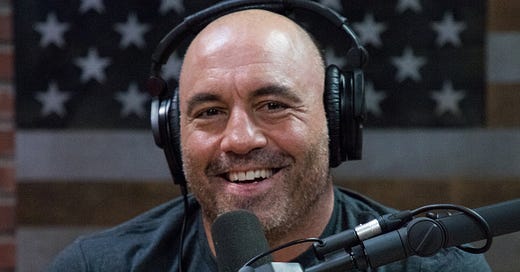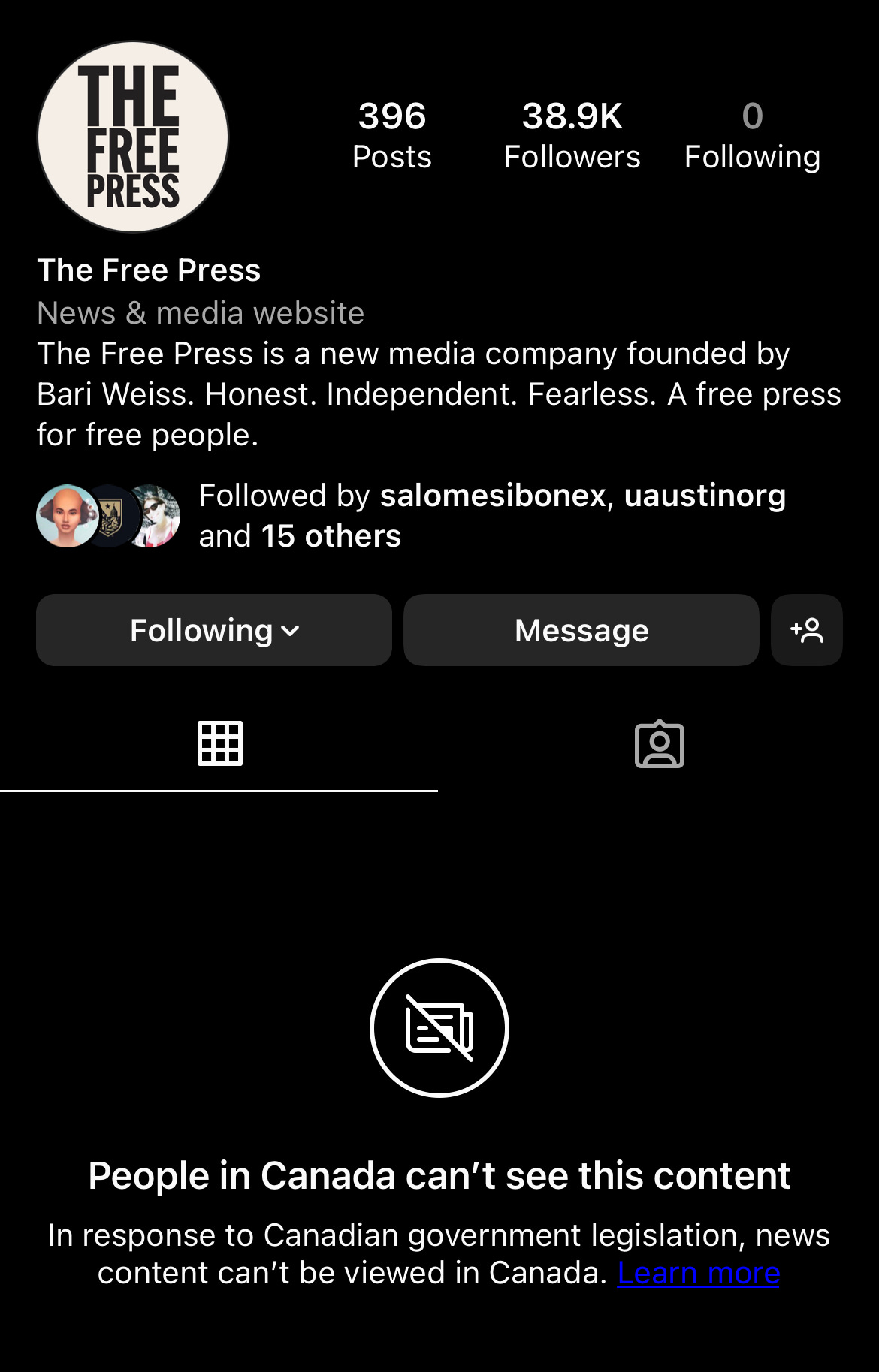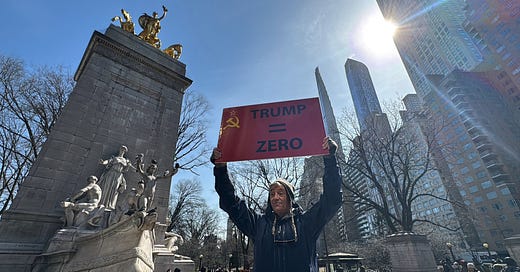
The Free Press

On Friday, September 29, Canada’s federal broadcast regulatory agency (CRTC) announced a new mandate requiring online streaming services, including podcast platforms, to register with the government by November 28.
The order applies to streamers generating $10 million or more from their Canadian consumer base, which would presumably include Spotify, Rumble, X, and others.
Read in isolation, these new online regulations aren’t explicitly despotic or indicative of censorious overreach. The government is merely creating a “registry” for online streaming services—that’s all. What could possibly go wrong?
After all, the seemingly altruistic and patriotic rationale underpinning Bill C-11—the controversial law passed in April under which these new regulations are now being introduced—is that Canadian content should be preferentially celebrated, consumed, and amplified.
To achieve this goal, the government believes it has to engineer a desired outcome by imposing strict regulations on Canadian creators. Bill C-11 “will help make sure that our cultural sector works for Canadians and supports the next generation of artists and creators,” said federal official Pablo Rodriguez.
But independent Canadian creators are worried their online success will depend on the degree to which their content is deemed “Canadian” by the government. Streaming giants are opposed to the regulation, too. In public hearings on Bill C-11 this July, Spotify listed its own internal efforts to uplift Canadian voices, especially ones that are LGBTQ+ and BIPOC, and stated that “Spotify listeners in Canada discovered over 83 times more Canadian music than Canadian songs played on broadcast radio.”
Does Spotify really need a government clampdown to promote Canadian artists?
Needless to say, black Canadian artists such as The Weeknd and Drake have earned international superstardom without any government intervention. The idea that the next generation of artists needs a federal bureaucracy to boost them is absurd.
And given that Instagram and Facebook have refused to comply with Canadian government mandates, it’s entirely possible that podcast platforms like Spotify will opt out of registering altogether.
The most dramatic shift in Canadians’ lives comes from Bill C-18, which mandates that social media companies compensate Canadian media outlets for distributing their content. Twitter and Facebook warned beforehand they would not be able to comply with a 4 percent link fee for a number of technical and pragmatic reasons. But Justin Trudeau’s government pushed it anyway.
The unsettling result: Canadians can no longer access any news articles, videos, or event accounts of media outlets and newspapers on Instagram or Facebook.
Canadians are also currently unable to access a variety of programs on Instagram from corporate giants such as the CBC and The New York Times to independent media outlets such as Glenn Greenwald’s System Update or this very outlet, The Free Press, which has reported on these censorship bills.
If podcast platforms follow the precedent of social media companies and choose not to be controlled by the dictates of the Canadian government, millions of Canadians could find themselves unable to access Spotify shows such as The Joe Rogan Experience, Call Her Daddy, and Armchair Expert with Dax Shepard.
But the CRTC isn’t merely tasked with amplifying Canadian and indigenous artists. It also follows a new Broadcasting Act, which has politically charged and highly ambiguous parameters. Here’s just one portion of the law:
It is hereby declared as the broadcasting policy for Canada that. . . through its programming and the employment opportunities. . . serve the needs and interests of all Canadians—including Canadians from Black or other racialized communities and Canadians of diverse ethnocultural backgrounds, socio-economic statuses, abilities and disabilities, sexual orientations, gender identities and expressions, and ages—and reflect their circumstances and aspirations, including equal rights, the linguistic duality and multicultural and multiracial nature of Canadian society and the special place of Indigenous peoples and languages within that society.
But who decides what the diverse and various “circumstances and aspirations” of “racialized communities” in Canada are?
Will this policy promote the concerns of Muslim Canadians opposed to progressive sexual orientation education in schools? Will it boost Meghan Murphy, the podcaster outspoken about transgender-identifying men entering vulnerable female spaces?
It’s unlikely, given that the CRTC has a disturbing record of prioritizing social justice pieties over free speech.
Last year, the CRTC ordered the CBC/Radio-Canada to apologize publicly and show evidence of internal, corrective reform for violating the “Canadian broadcasting policy objectives and values” after receiving one citizen complaint over a radio show in which a professor quoted a famous book with the n-word in the title.
The CRTC’s contention was not that the word was used with racist intent, but that the broadcast failed to show “sufficient respect and sensitivity to the communities affected by the term.” It went on to claim the CBC had failed to give “social context” or a trigger warning (“a clear audience advisory”) at the beginning of the episode.
Quick refresher: over the past three years, Trudeau’s government has violated Canadians’ mobility rights during Covid without a robust scientific rationale and frozen the bank accounts of people who donated to members of the Trucker’s Convoy, who were protesting vaccine mandates.
Can Canadians really trust the federal government not to infringe upon our society’s foundational principles of free expression, liberty, and democratic rights?
Recent history gives us every reason to think otherwise.
Rav Arora writes at his new Substack The Illusion of Consensus, co-founded with Dr. Jay Bhattacharya. Follow him on X, formerly Twitter, @Ravarora1. Read Rupa Subramanya’s article on why you can’t post Free Press stories on Facebook in Canada.
And to support more of our work, become a Free Press subscriber today:
















I feel like Justin Trudeau has been in power for forever now. Is he just a dictator at this point?
Trudeau is jealous of Xi And boy is it showing. I’m curious as to just what the psychopathology is behind his thin-skinned, petty, narcissistic totalitarianism.
Warning: This post will not be seen in Canada.